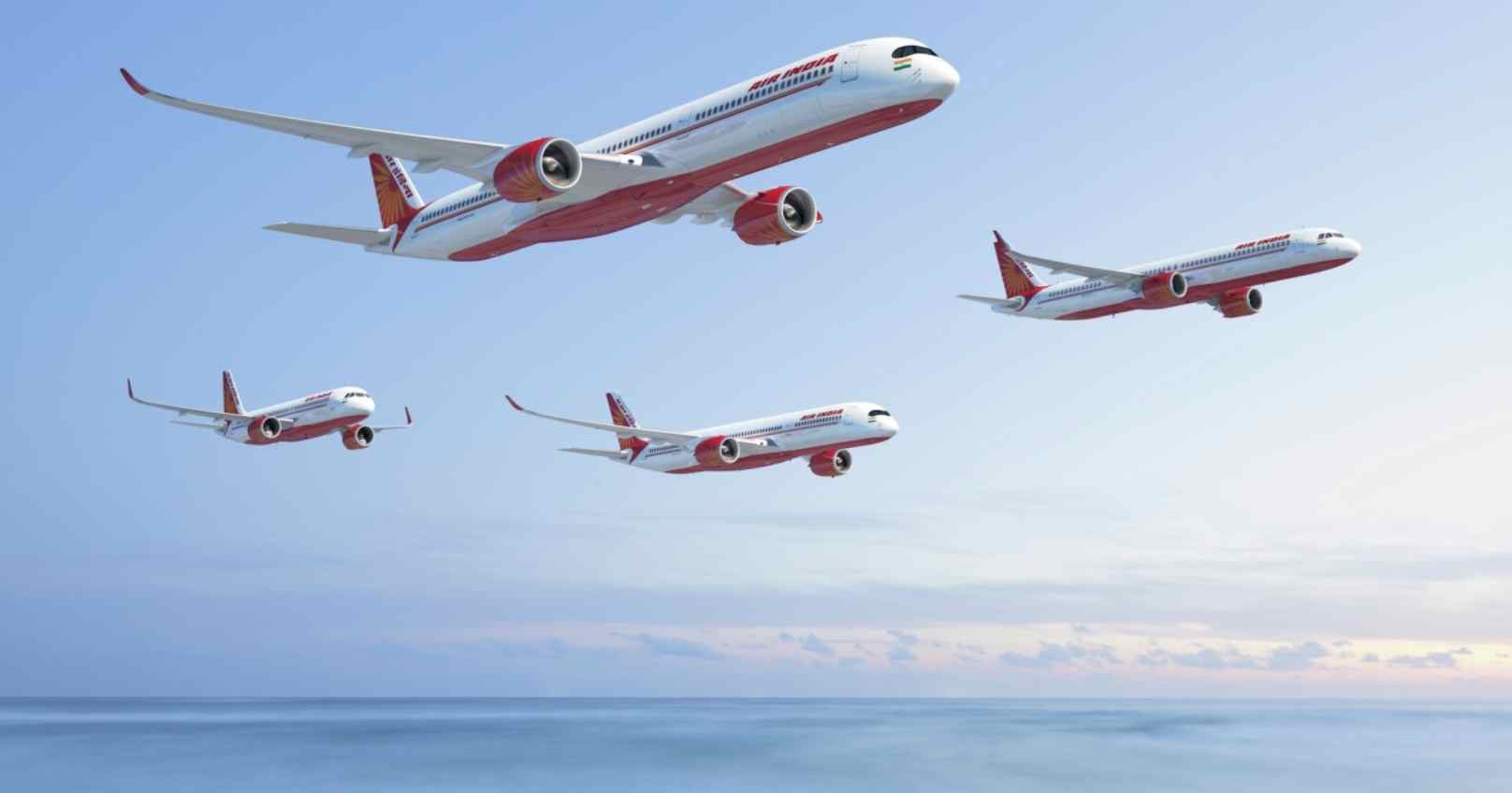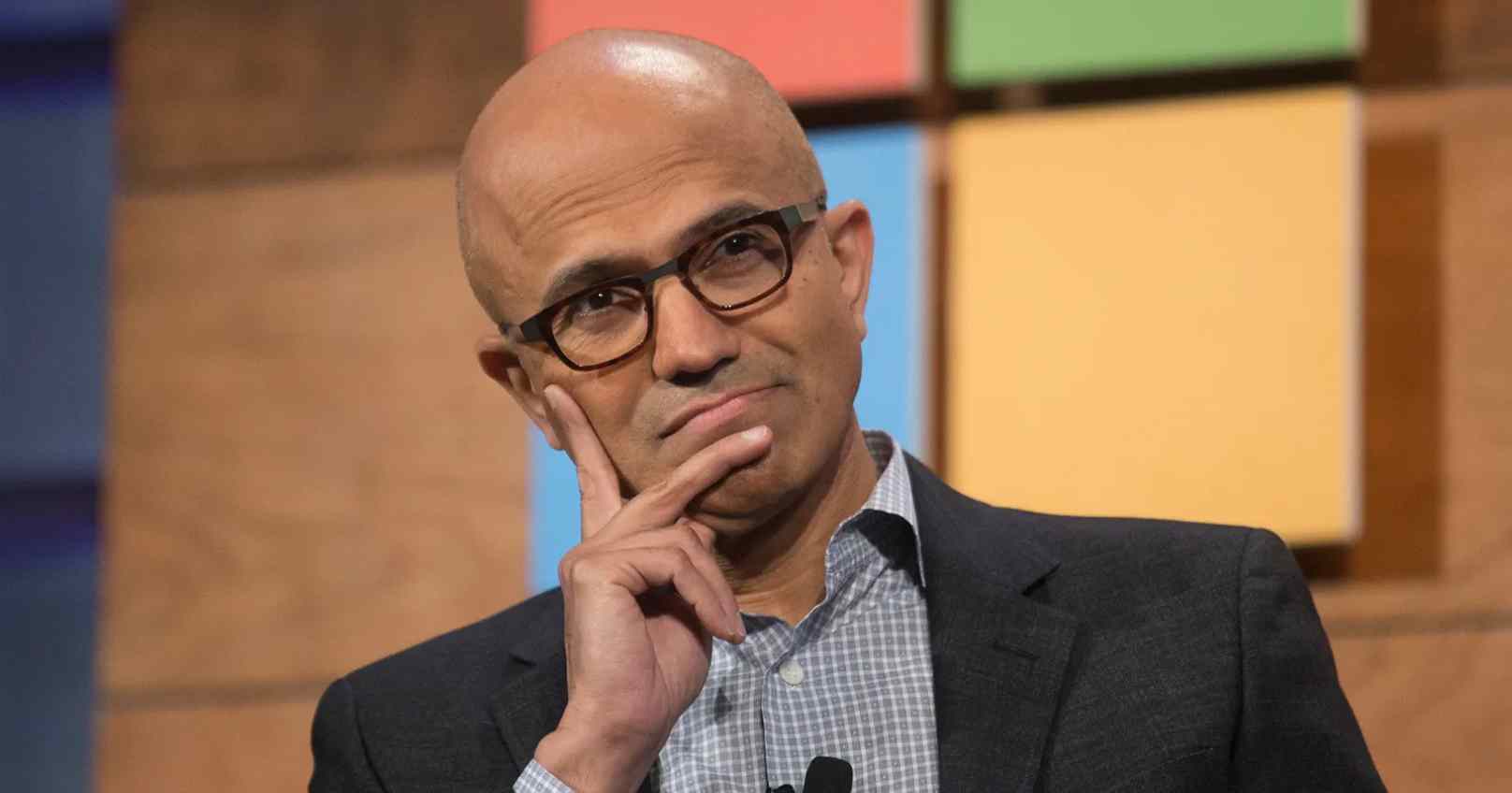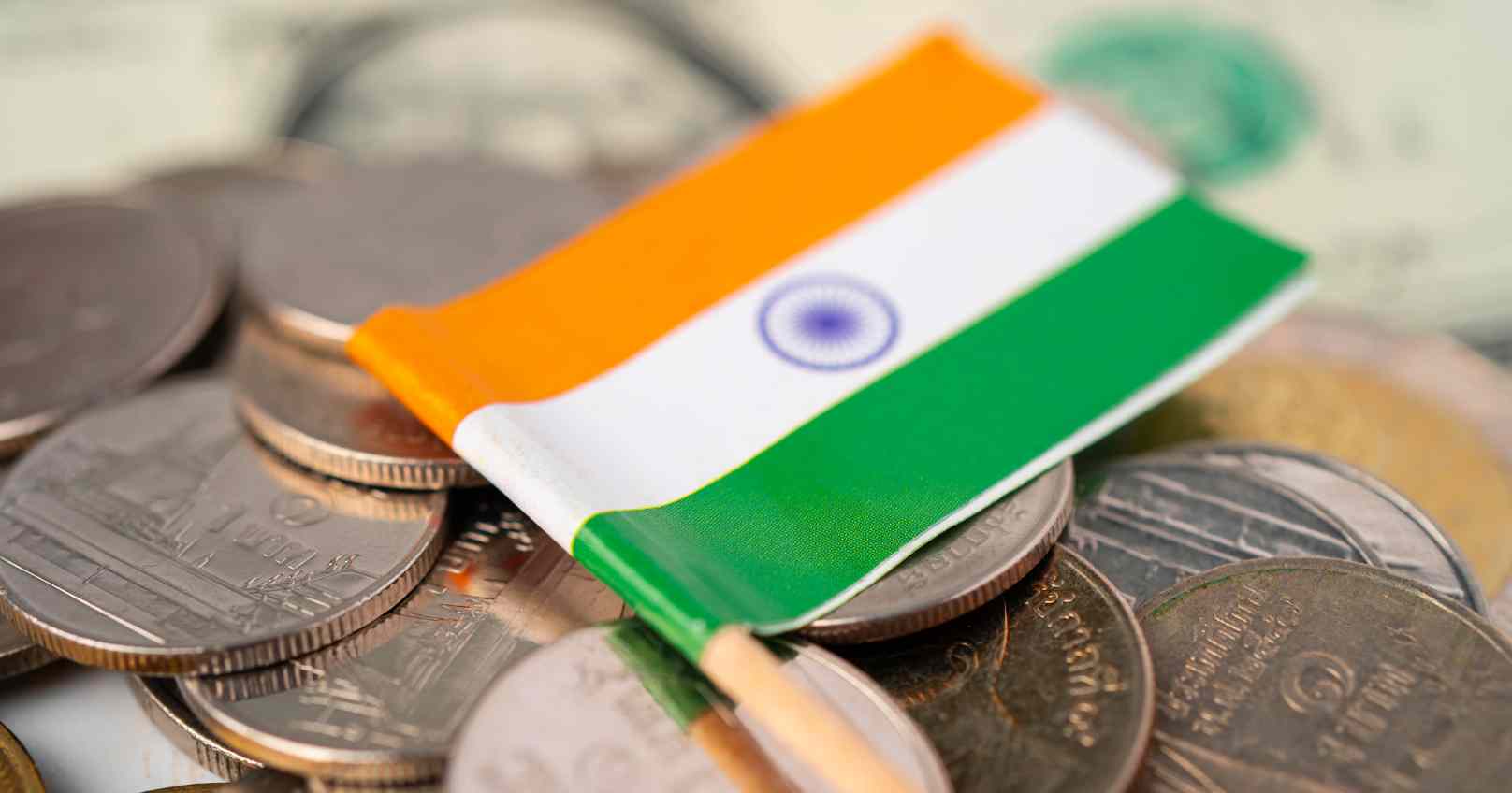Air India, owned by the Tata Group, is reportedly in discussions with Boeing to acquire planes originally destined for Chinese airlines, which were blocked due to ongoing US-China trade tensions. These talks reflect the increasing interest from Asian airlines capitalizing on the trade conflict between Washington and Beijing.
The airline, which is working on expanding its fleet for a faster recovery, intends to approach Boeing for several jets that had been prepared for Chinese carriers before tariffs led to the disruption of the deliveries. Air India is also looking to secure potential future slots for aircraft, should they become available, according to sources familiar with the matter.
This would not be the first time that Air India has benefited from Chinese airlines’ pullback. So far, Air India has taken delivery of 41 737 Max jets originally intended for China, after their delivery was postponed following the aircraft’s grounding in 2019.
Although both Air India and Boeing declined to comment on the discussions, it has been reported that Malaysia Aviation Group is also negotiating with Boeing over delivery slots freed up by Chinese carriers.
The backdrop of these developments is the significant tension between China and the US, with Chinese authorities instructing local airlines to halt the acceptance of Boeing planes. This decision comes as Beijing imposed tariffs of up to 125% on US-made goods, including aircraft. Some 737 Max jets that were already in China have been returned to the US.
For potential buyers, these aircraft may pose challenges, as the cabin layouts are tailored to the original customer’s specifications, and certain payments may already have been made. Boeing faces restrictions on reassigning these planes to new owners while contracts with Chinese carriers are still active.
Despite these complexities, the growing interest from non-Chinese airlines, including Air India, is expected to alleviate some of the pressure Boeing faces due to the trade war. However, the ongoing geopolitical issues could hinder Boeing’s long-term prospects in the Chinese market, which is one of the world’s largest.
Boeing had built up an inventory of undelivered 737 Max jets, initially due to the grounding of the aircraft after two fatal crashes, and later due to pandemic-related disruptions. Even after Chinese regulators cleared the 737 Max, other delays slowed deliveries, prompting Boeing to explore alternative buyers.
Air India’s interest is particularly focused on adding more of the already-built Max jets to its low-cost subsidiary, Air India Express, as part of its competition with IndiGo, the country’s largest airline. The airline plans to receive nine additional stored 737s by June, bringing its total to 50 jets. However, the supply is expected to dwindle soon, and with the US-China tariff situation potentially extending the availability of these planes, Air India could continue to benefit.
The planes Air India receives will be refurbished and repainted in Bengaluru, with Air India Express planning to replace business class seating with economy seating by 2026. However, supply chain challenges have slowed this process.
Additionally, Air India is facing a delay in receiving deliveries from its 2023 order of 140 narrowbody aircraft, which are expected to begin arriving after March 2026. This could put the airline further behind in its battle against IndiGo unless it can secure newly available Boeing planes.
The airline’s expansion is also slowed by a retrofit program that will temporarily reduce the number of jets in its fleet, as well as plans to phase out certain Airbus models. To remain competitive, Air India is working to attract customers with more affordable fares, though it faces challenges from outdated cabins and delayed upgrades.







